Four Tools to Stay Healthy Emotionally During Coronavirus Crisis
What I want to talk to you about are some of the remedies that you can use to counteract the confusion and instability that we’re facing as a society, not the physical side, since that information is readily available. I’m giving you four ways to stay grounded and present during any tumultuous time such as this. I’m passing along some of the tools that I have found have been extremely workable from my book Create: Tools from Seriously Talented People to Unleash Your Creative Life.
1. “Walking is man’s best medicine.”
Hippocrates gave this advice 2,400 years ago. Much later, philosopher Søren Kierkegaard (1813–1855) wrote about the curative power of walking:
“Above all, do not lose your desire to walk. Every day, I walk myself into a state of well being and walk away from every illness. I have walked myself into my best thoughts, and I know of no thought so burdensome that one cannot walk away from it. But by sitting still, and the more one sits still, the closer one comes to feeling ill. Thus if one just keeps on walking, everything will be all right.”
With what we’re facing today, walking may not be the literal answer. Even if you can’t walk you can certainly find an activity that gets you out of your mind every day putting your attention on the world around you. As Thomas Jefferson advised,
“The object of walking is to relax the mind…Divert your attention by the objects surrounding you. Walking is the best possible exercise.”
Also, while we have to stay informed, too much of that unfortunately pulls your attention down into the chaos and uncertainty of it all. So, make sure that you extrovert your attention from your phone and other screens. Taking a break will certainly fortify you to deal with the crisis more effectively.

Some of the books in my creative library
2. Do what you love to do creatively.
In addition to whatever you have to do to stay on top of the current scene, make time to also do whatever it is you love to do creatively. That is, match or better the amount of energy that you are pledging to reading the news and “preparing,” with the amount of energy you are giving to your creative outlets. If you’re a photographer, pour energy into it. And pour energy into learning more about your craft, which is something I recommend no matter what. That’s taking the advice of Socrates (c. 470–399 BC) whose key message was wisdom will set you free. There’s a bit of a freedom that accompanies educating yourself in your craft. Put time and effort into that daily.
3. Stay in touch.
Although we’re in a mode of social distancing, it doesn’t mean we have to fall out of touch. Photographs are magical. They are one of the major ways that we as modern human beings communicate to others. And thanks to social media, we’re able to do that in significant volume, instantly. Photographs, as a form of communication, transcend geographical, linguistical, political, and racial barriers. It is important to remain connected with others. No matter what artistic form you choose, you are communicating to others your feelings, thoughts and observations.
4. How have you overcome similar challenges?
It’s therapeutic to look at past comparable problems, or to reflect on prior times of similar turmoil to see how you were able to overcome them.
As kids, growing up as I did in the Cold War, we were constantly faced with the idea that we could just be blown to bits at any moment. Like me, I’m sure you remember similar moments where something pierced your childhood world. Leaving you questioning everything you took for granted, unable to process the reality you had just learned.
One such experience for me in my childhood was in the midst of the Cuban missile crisis, I remember coming home from school finding my mom totally distraught. She was listening to the radio on our big speakers that we had for high fidelity music. Instead of playing soothing music, the speakers were delivering a doomsday message saying that at any moment the Russians could launch missiles from Cuba, and that would just be the end our civilization. At the time, seeing my mother, my emotional rock and point of stability, so completely upset and shaken, was more impressionable than the doomsday message blaring over the speakers.
Thankfully, we lived through this, and other similar incidents. At times of utter chaos, dismay and upset, there’s two ways one can go: succumb and go down; or find an outlet to counteract the horror of the moment. At the age of twelve I had already become a photographer. I poured on the coals on my purpose to have a way of expressing myself through art.
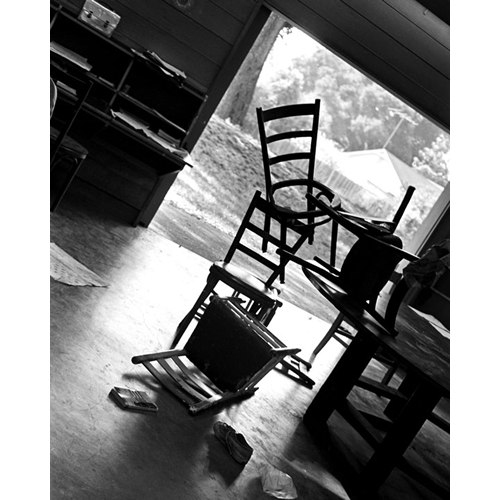
My classroom in the 7th grade reflecting the time of the crisis
I hope these remedies are of help with what we’re going through, and beyond. These may be hard times, but yes, this too shall pass, and we can make it pass a bit more easily by taking stock and staying grounded. I welcome your comments and feedback, whether you agree or not. Let me know how you feel about what I’ve discussed, and feel free to share your own experience. And be sure to keep an eye on this blog for more tools to help.



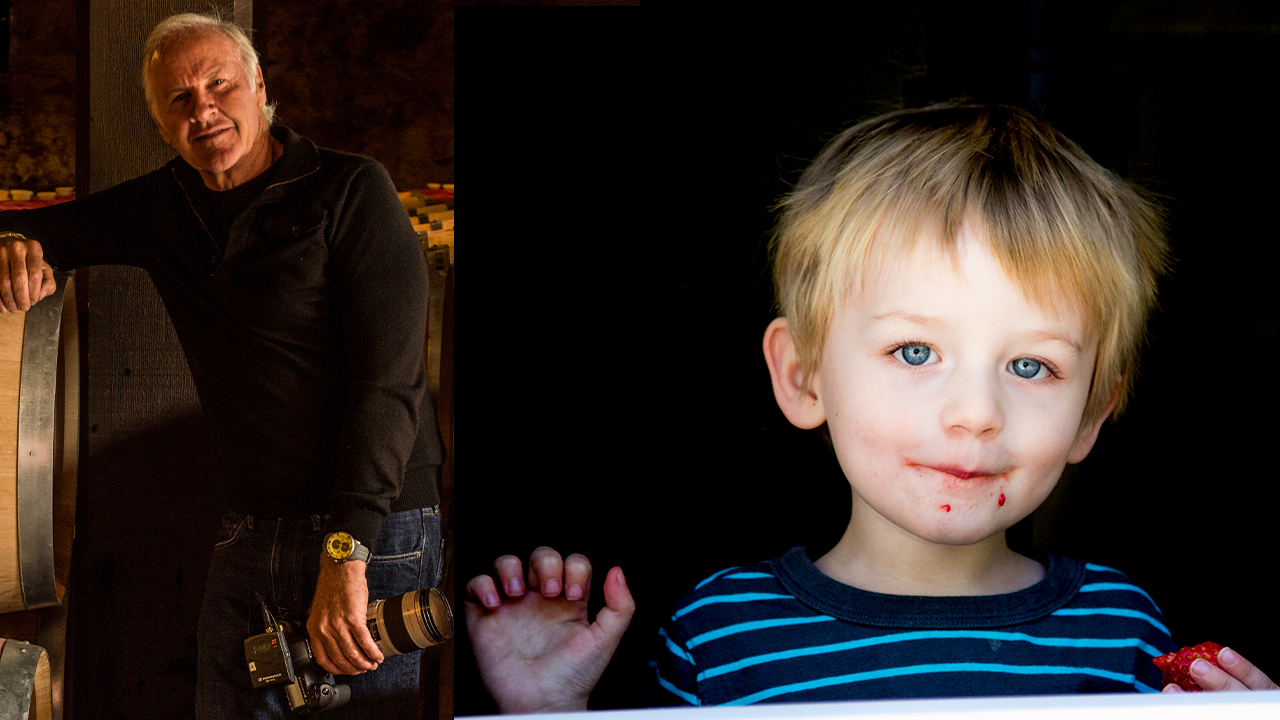
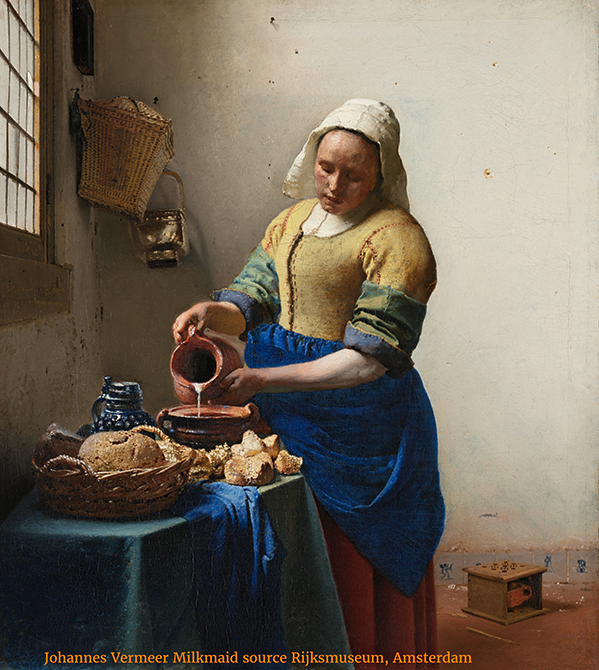
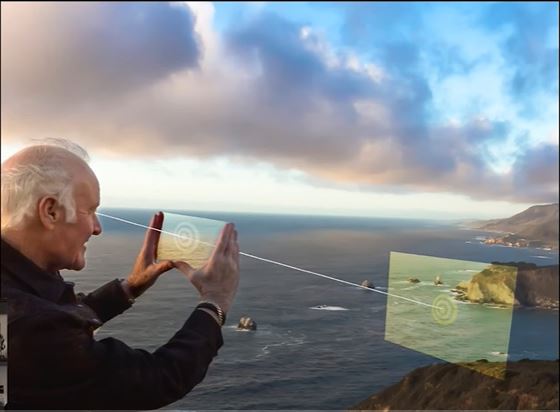
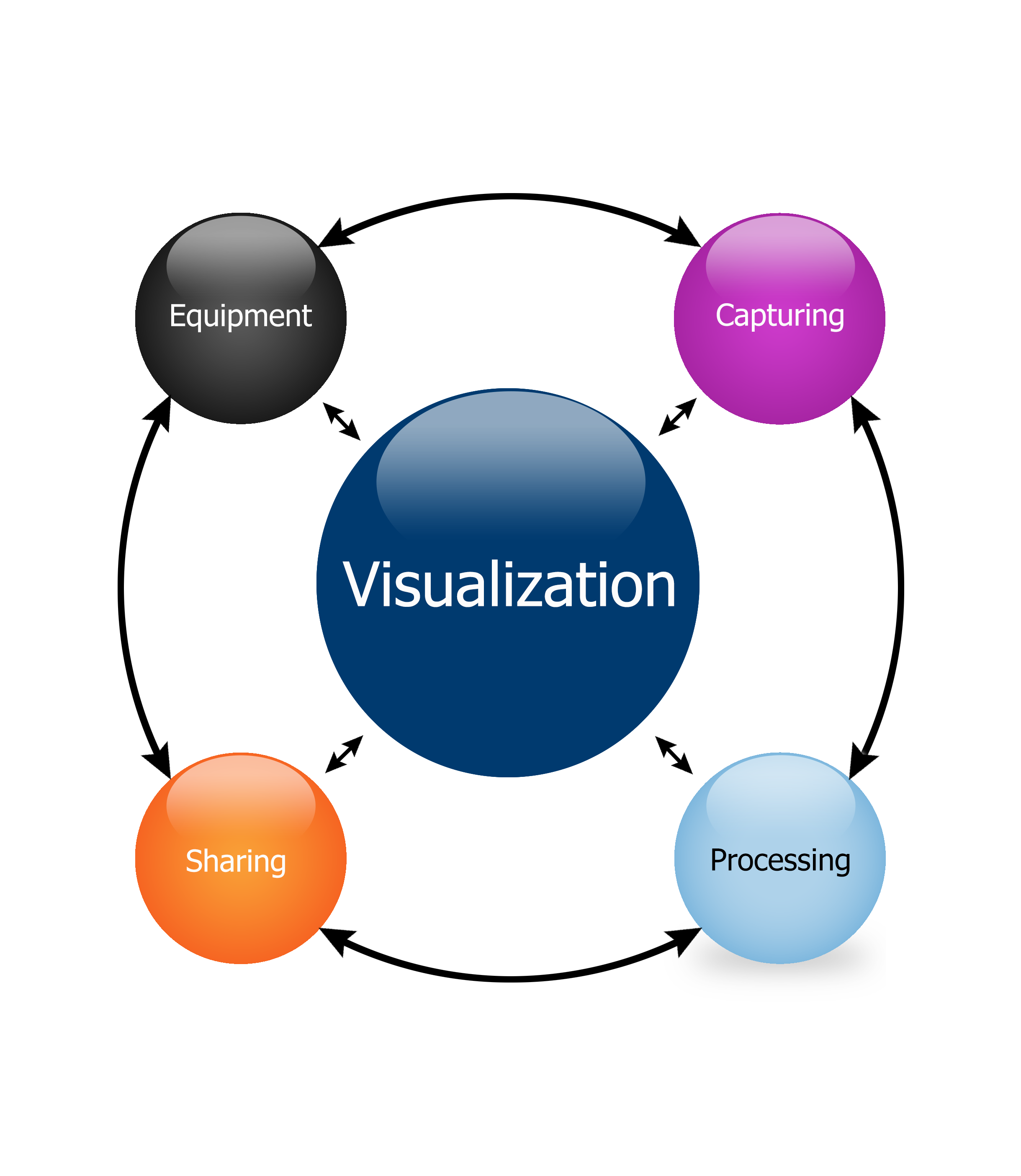
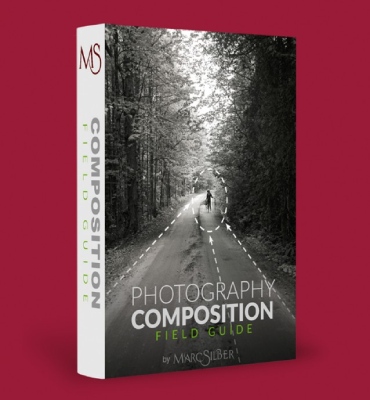
Leave A Comment
You must be logged in to post a comment.